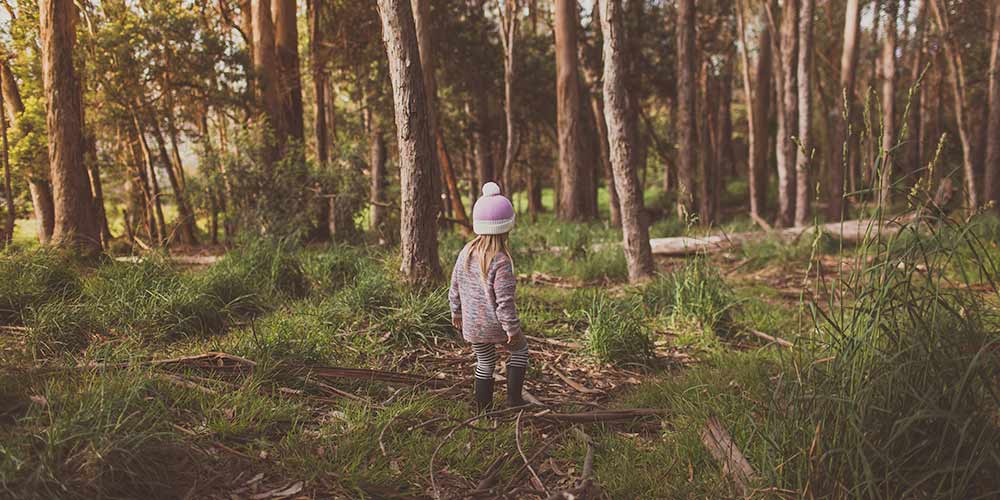“You mean someone online can say they’re a kid and not really be a kid?” When my son asked me that, wide-eyed, it was a wake-up call for me. I forget how naive kids are. They don’t know there’s such a thing as online predators, much less online predators disguised as 10-year-olds.
A day later, I read of a 14-year-old girl who posted on Instagram that she was lonely. She quickly made a new friend. A couple of weeks later, instead of getting on the school bus, she had her friend over to visit. I don’t even want to type what he did to her. It’s awful. Her mother had set all the ground rules, but once this predator gained the girl’s trust, those rules didn’t seem to apply anymore. Keeping kids safe from online predators takes more than just a list of “do nots.” We have to help our kids think differently. There are things parents can say that cover the basics and help kids make wise decisions online. Say these 5 things to your kids over and over to help it sink in.
1. No safe person is going to ask you for (or show you) a photo that makes you feel uncomfortable.
And if the person wants you to turn on your camera, say no. If he persists, tell him it’s broken. If he persists even more, let that serve as a red flag that this person isn’t safe. This photo/video rule includes adults and kids you know in real life and people you’ve met online. If what somebody’s asking you to do or show makes you feel uneasy, come talk to me.
This is “sextortion” and it’s a form of blackmail. Predators will gain a young person’s trust, ask him or her for a photo, and then threaten to share that photo if the child doesn’t do what they ask. If your child turns his or her camera on, a predator can record video or take screenshots.
2. Never give anyone your address, phone number, or the name of your school.
Even if it’s someone you know, come ask me if you can give out our information. This is true for other kids, but of adults especially. Think about why an adult would be asking you for personal information instead of coming to me. That feels wrong, doesn’t it?
If someone is grooming your child, his or her ultimate goal is to arrange an in-person meeting. Every bit of information your child shares is a step closer to this. And online predators will use home addresses to send gifts, so if your child ever receives mail from someone you don’t know, it’s time to start asking questions. If your child suddenly seems eager to be the one to check the mail, this is a red flag.
3. It’s not appropriate for someone to ask you to keep a secret.
No safe adult is going to ask you to keep a secret from me. This includes secrets about something he or she has said to you or shown you or something you’ve told him or her about yourself. People also shouldn’t ask you if an adult is home, who else uses your computer, if you can delete chats, or if your account or computer is monitored.
Online predators, just like predators offline, want to build a friendship and gain the child’s trust. Sharing secrets is a good way to do that, especially if the child or teen is struggling with other relationships or feeling lonely.
4. No one online should talk to you about sex or your body.
Sex is probably weird, confusing, and interesting to you, and that’s totally normal. What isn’t normal is for someone other than me, your dad, or a doctor to talk to you about it or about your body. No one should ask you to touch or take a picture of any part of yourself or anyone else. No adult should ask you to be his or her boyfriend or girlfriend or tell you you’re beautiful or hot. A safe adult knows that’s inappropriate.
A predator may use sexually explicit conversations to test boundaries and exploit a child’s natural curiosity about sex. They also compliment the child excessively, playing into insecurities and affirming the child’s feelings and choices.
5. If you’ve gotten yourself into trouble, you can tell me. I will help you.
I don’t care how long it’s been going on or who it’s been going on with. No matter what you’ve done, I’m here. Even if you think you’ve gotten yourself into big trouble, please talk to me about it. I’ll listen.
Children want to share with their parents. If you react calmly in situations, they will feel like it’s safe to come to you when they have questions, fears, or a confession.
Which one of these feels the most important to you?










